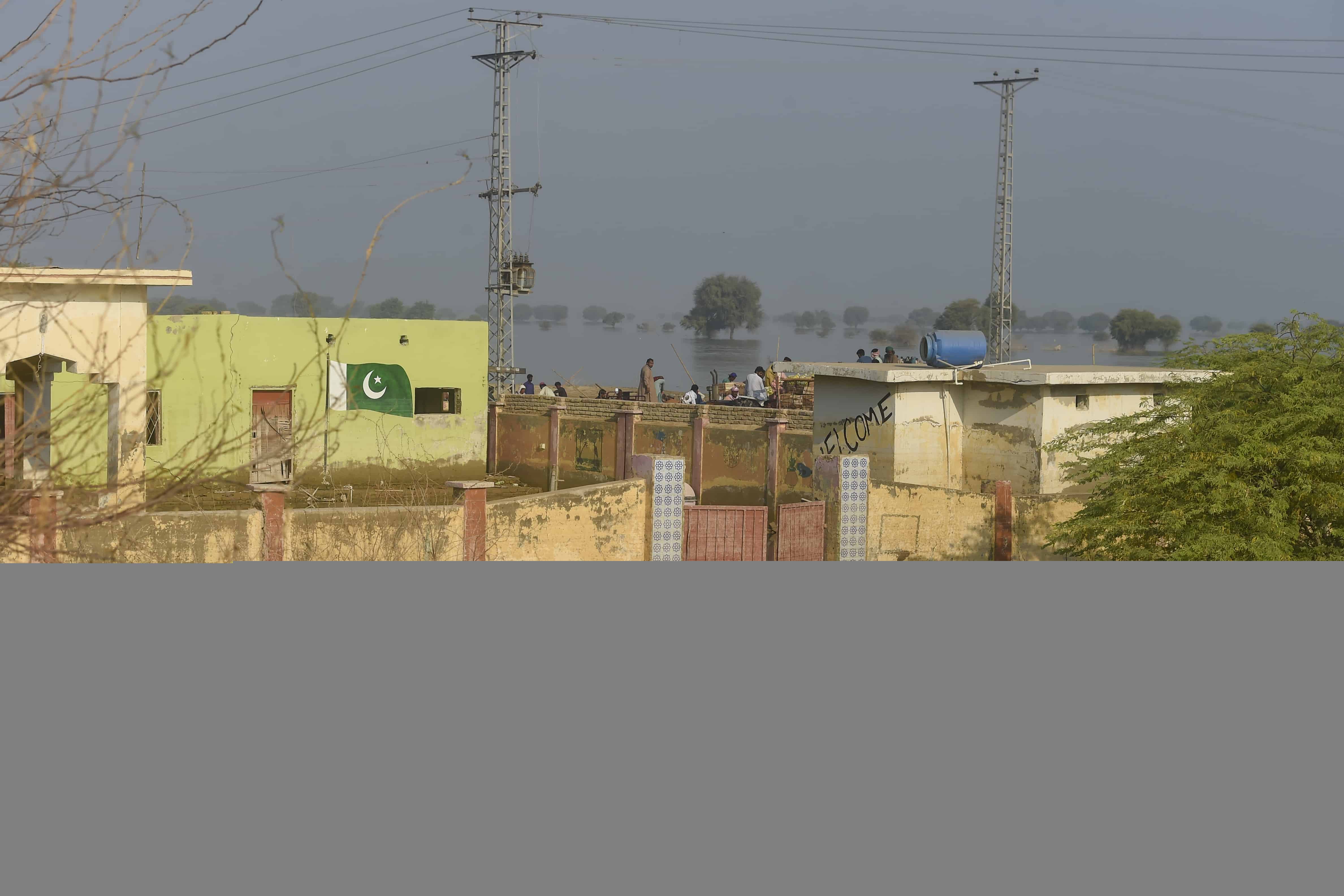Islamabad, Pakistan — Pakistan’s desperately low foreign exchange reserves were boosted on Tuesday with a $2 billion deposit from Saudi Arabia, ahead of a key IMF meeting this month to approve a new deal.
The economy has been stricken by a balance-of-payments crisis as it attempts to service crippling external debt, while months of political chaos have scared off foreign investment.
Inflation has rocketed, the rupee has reached a record low against the dollar, and the country is struggling to afford imports, causing a severe decline in industrial output.
“Saudi Arabia had announced in the recent past that it would deposit an additional $2 billion dollars in the account of the State Bank of Pakistan — that has been credited to the account of the State Bank,” Pakistan’s finance minister Ishaq Dar said in a televised press conference.
It brings state foreign reserves to a total of $6.5 billion, an almost 50 percent increase compared to last week’s account balance.
Faisal Shaji, a research analyst with Standard Capital Securities, told AFP that the deposit will stabilize Pakistan’s foreign exchange reserves and will improve its credit rating in the international market.
“This is also a big and positive development towards the IMF program. As a result, Pakistan’s currency will be strengthened and it will have a better impact on the stock market.”
After months of prolonged negotiations, the IMF last week announced a new standby deal worth $3 billion for Pakistan after the government met the final conditions, including securing guarantees of further financial support from friendly nations.
The standby deal will be considered for approval by the IMF’s executive board by mid-July.
Years of financial mismanagement have pushed Pakistan’s economy to the limit, exacerbated by the Covid pandemic, a global energy crisis and record floods that submerged a third of the country last year.
Pakistan’s headline inflation eased for the first time in seven months in June, figures released last week showed, a bright spot for a beleaguered government that must call an election this year.








